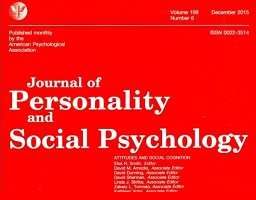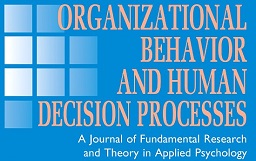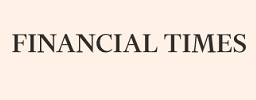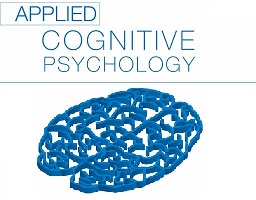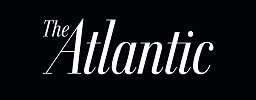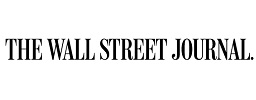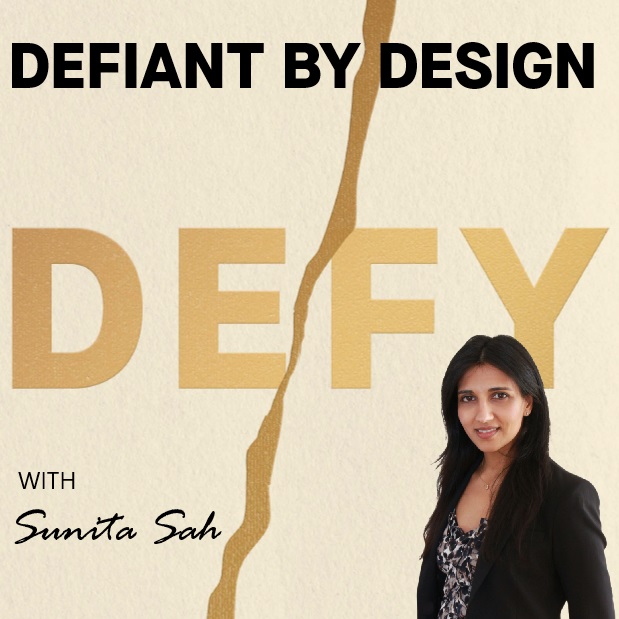The burden of disclosure: Increased compliance with distrusted advice.
Abstract Professionals often face conflicts of interest that give them an incentive to provide biased advice, and disclosure (informing advisees about the conflict) is frequently proposed as a solution to the problem. We present 6 experiments that reveal a previously unrecognized perverse effect of disclosure: Although disclosure can decrease advisees’ trust in the advice, it […]
The burden of disclosure: Increased compliance with distrusted advice. Read More »
